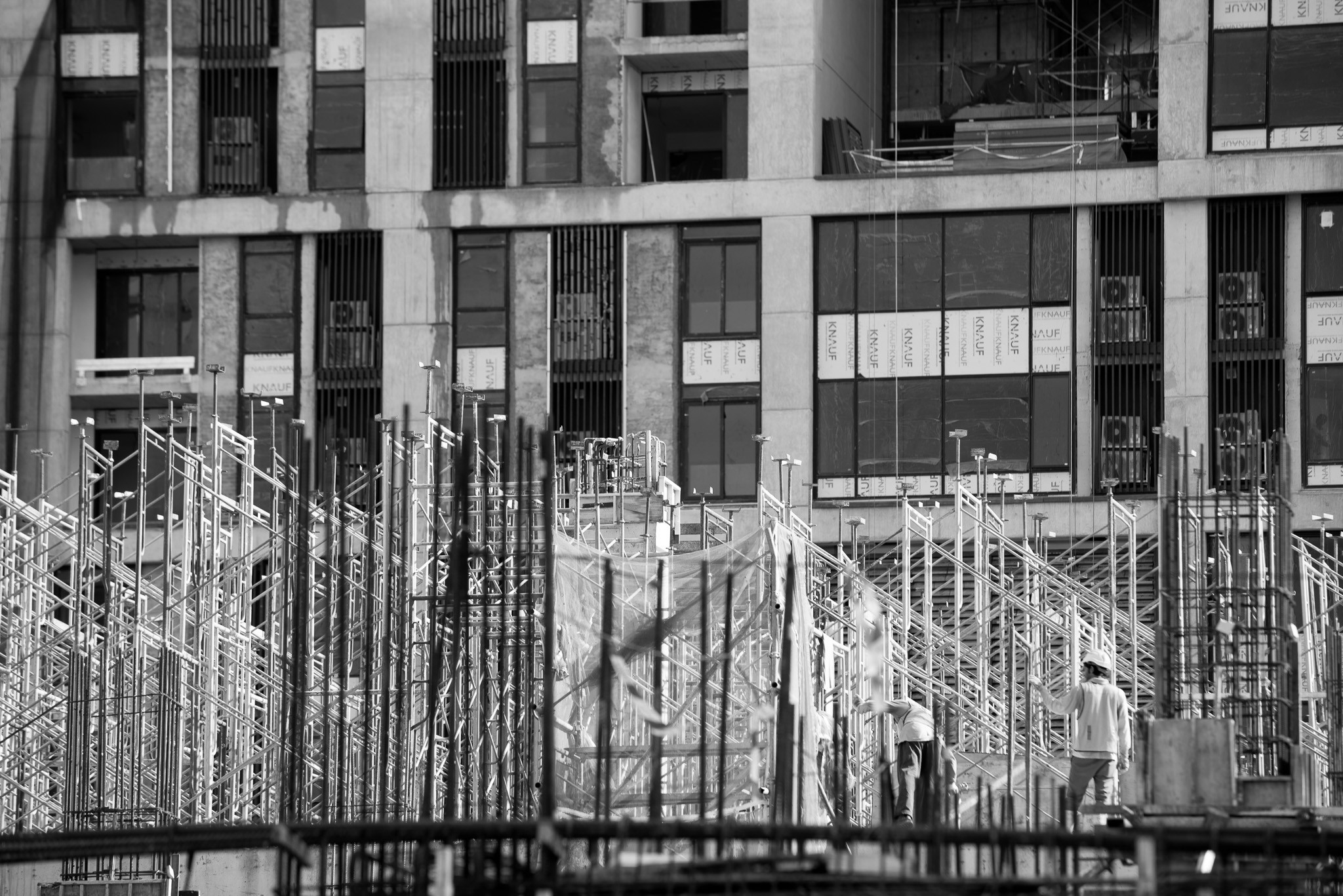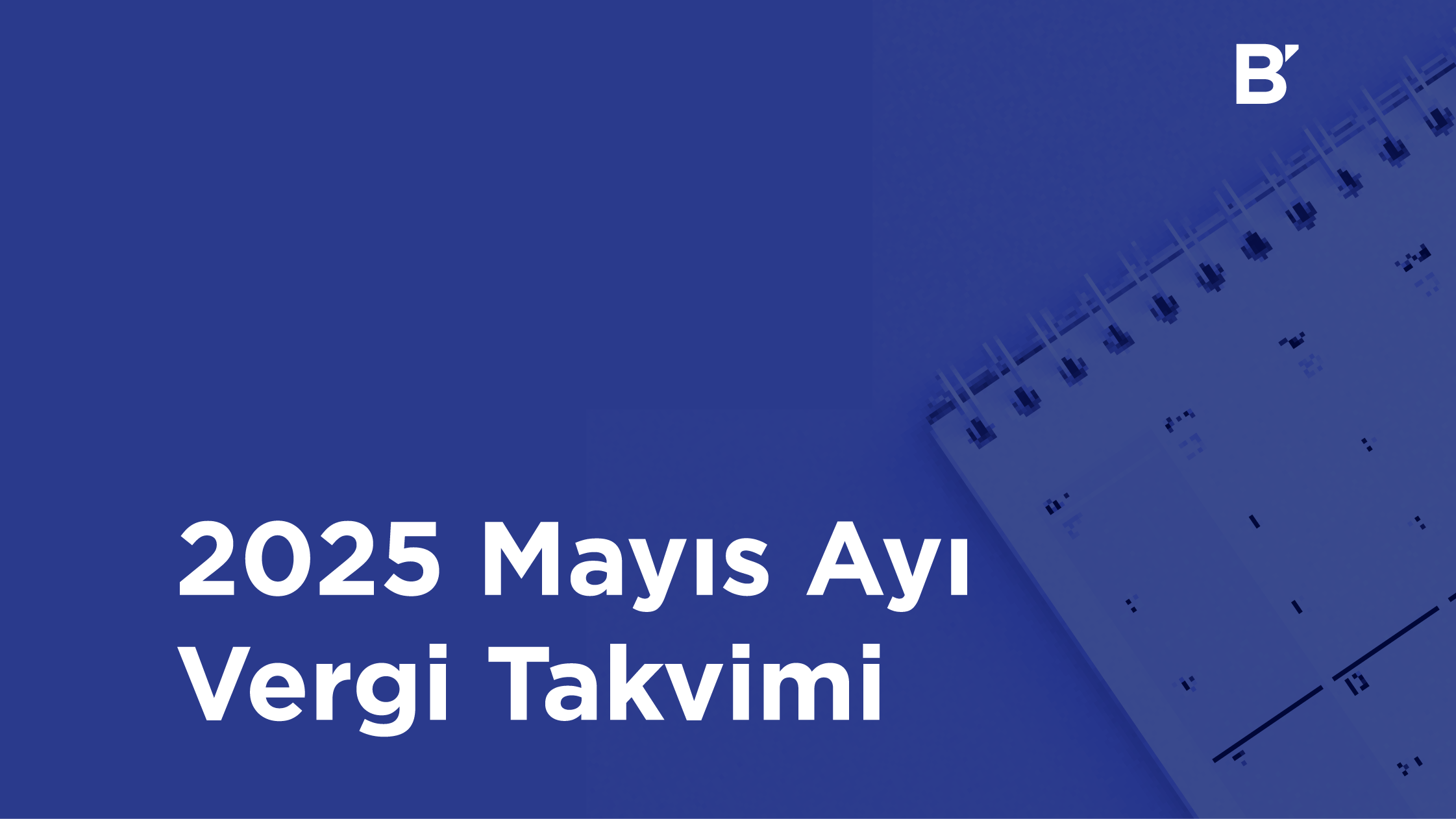16.05.2022/31
Yeniden Değerlemeye İlişkin 537 Sıra No.lu Vergi Usul Kanunu Genel Tebliği Hakkında
Özet: Vergi Usul Kanununun (VUK) mükerrer 289/Ç ve geçici 32’nci maddeleri kapsamında yararlanılabilecek yeniden değerleme uygulamasına ilişkin 537 Sıra No.lu VUK Genel Tebliği 14/05/2022 tarih ve 31835 sayılı Resmi Gazete’de yayımlanarak yürürlüğe girmiştir.
1. VUK Mükerrer 298/Ç Kapsamında Sürekli Yeniden Değerleme (Sürekli)
VUK’un mükerrer 298/Ç maddesine göre enflasyon düzeltmesi şartlarının gerçekleşmediği dönem sonları itibarıyla aktife kayıtlı bulunan amortismana tabi iktisadi kıymetler ile bunlara ait amortismanlar yeniden değerlemeye tabi tutulabilecektir. Sürekli yeniden değerleme sonucunda ortaya çıkan değer artışı vergilenmez.
a) Yeniden Değerlemeye Tabi Tutulamayacak İktisadi Kıymetler
- Bu niteliklerini korudukları müddetçe sat-kirala-geri al işlemine veya kira sertifikası ihracına konu edilen iktisadi kıymetler,
- Amortismana tabi olmayan boş arazi ve arsalar,
- İktisadi kıymetlerin alım, satım ve inşa işleri ile devamlı olarak uğraşanların bu amaçla aktiflerinde kayıtlı bulunan emtia niteliğindeki kıymetler,
- Yeniden değerlemenin yapılacağı dönem sonu itibarıyla aktife kayıtlı olmayan amortismana tabi iktisadi kıymetler,
- Yeniden değerlemenin yapılacağı hesap döneminde aktife dahil edilen amortismana tabi iktisadi kıymetler
yeniden değerlemeye tabi tutulmaz.
Bu kapsamda, yapılmakta olan yatırımlar veya iktisadi kıymetlerin yatırım harcamaları yeniden değerlemeye tabi tutulamayacağı gibi yatırımın tamamlanmasını müteakiben ilgili hesaba aktarılan amortismana tabi iktisadi kıymetin de aktifleştirildiği hesap döneminde yeniden değerlemeye tabi tutulması imkânı bulunmamaktadır. Örneğin, inşa edilerek aktifleştirilen binaların, aktifleştirildikleri hesap döneminde yeniden değerlemeye tabi tutulması mümkün bulunmamakta olup bu kapsamdaki binalar ancak aktifleştirildikleri hesap döneminden sonraki hesap dönemlerinde yeniden değerlemeye tabi tutulabilir.
b) Yeniden Değerlemeye Esas Değer
İktisadi kıymetlerin ve bunlara ait amortismanların, VUK’ta yer alan değerleme hükümlerine göre tespit edilen ve değerlemenin yapılacağı hesap dönemi sonu itibarıyla yasal defter kayıtlarında yer alan değerleri dikkate alınır.
Bu değer tespit edilirken iktisadi kıymetlerin aktifleştirildiği hesap dönemine ilişkin olanlar hariç kur farkları ve kredi faizleri ile bunlara isabet eden amortismanlar yeniden değerleme kapsamına dahil edilmez.
İktisadi kıymetlerin amortismanının herhangi bir yılda eksik ayrılması veya hiç ayrılmamış olması durumunda, yeniden değerlemeye esas alınacak değer, bu amortismanlar tam olarak ayrılmış varsayılarak belirlenir
c) Yeniden Değerleme Zamanı
Yeniden değerleme, enflasyon düzeltmesi yapma şartlarının gerçekleşmediği dönemlerde, değerlemenin yapılacağı dönem sonu itibarıyla yasal defter kayıtlarında yer alan amortismana tabi iktisadi kıymetler ve bunlara ait amortismanların yeniden değerlemeye esas değerleri üzerinden yapılır.
Yeniden değerlemenin herhangi bir hesap döneminde yapılmaması veya değerleme oranının düşük uygulanmasından dolayı, daha sonraki hesap dönemlerinde, geçmiş hesap dönemlerine ilişkin yeniden değerleme yapılamaz.
Geçici vergi dönemleri itibariyle de yeniden değerleme yapılabilmesi mümkündür.
Yeniden değerleme ihtiyari olup mükelleflerin yeniden değerleme yapmama hakkı vardır. Bir dönem yeniden değerleme yapılmaması sonraki dönemlerde yeniden değerleme yapma imkanını ortadan kaldırmaz.
d) Diğer Hususlar
İktisadi kıymetlerin bir kısmı için yeniden değerleme yapılıp bir kısmı için yapılmayabilir.
Mükerrer 298/Ç maddesine göre yapılacak yeniden değerleme sonrası oluşan değer artışları özel bir fon hesabına alınır. Yeniden değerlemeye tabi tutulan iktisadi kıymetlerin satış, devir (193 sayılı Kanunun 81 inci maddesinde sayılan devir ve tür değiştirme halleri ile 5520 sayılı Kanuna göre yapılan devir ve bölünme halleri kapsamında yapılanlar hariç), işletmeden çekiş, tasfiye gibi nedenlerle elden çıkarılması halinde, bunlara isabet eden ve bilançonun pasifinde özel bir fon hesabında gösterilen değer artışları aynen amortismanlar gibi muameleye tabi tutulur. Yani iktisadi kıymetin satılması durumunda da değer artış fonu kara ilave edilecektir.
Ancak sermayeye ilave edilen değer artışları, satış veya herhangi bir şekilde elden çıkarmaya ilişkin kar ve zararın tespitinde dikkate alınmaz.
Yeniden değerlemenin bir hesap dönemde yapılmamış olması gelecek dönemde geçmiş dönemler için yeniden değerleme yapılabilesi imkanı vermez.
2. VUK Geçici 32’nci Madde Kapsamında Yeniden Değerleme (Bir Seferlik)
VUK’un mükerrer 298 inci maddesinin (Ç) fıkrası uyarınca yeniden değerleme yapabilecek mükelleflerin, istemeleri halinde söz konusu fıkra kapsamında ilk kez yapılacak yeniden değerleme öncesinde, bilançolarına kayıtlı bulunan taşınmazlar ile amortismana tabi diğer iktisadi kıymetlerini, önceki hesap döneminin sonu itibarıyla yeniden değerleyebilmeleri mümkündür.
Geçici 32’nci madde kapsamında yapılacak yeniden değerleme, geçmiş tarihlerde iktisap edilmiş iktisadi kıymetlerin sürekli yeniden değerleme öncesinde güncel değerlerine yaklaştırılabilmesine matuftur.
Geçici 32’nci madde kapsamında yapılacak yeniden değerlemenin kapsamına mükerrer 298/Ç fıkrasına göre yapılacak yeniden değerlemeden farklı olarak arazi ve arsalar da girmektedir.
Yeniden değerleme neticesinde hesaplanan ve pasifte özel bir fon hesabında gösterilen değer artışı tutarı üzerinden %2 oranında hesaplanan vergi, yeniden değerleme işleminin yapıldığı tarihi izleyen ayın son günü akşamına kadar gelir veya kurumlar vergisi yönünden (kollektif, adi komandit ve adi şirketlerce katma değer vergisi yönünden) bağlı olunan vergi dairesine beyan edilip, üç eşit taksitte (ilk taksiti beyanname verme süresi içinde, izleyen taksitler sırasıyla beyanname verme süresini takip eden ikinci ve dördüncü ayda olmak üzere) ödenir.
Geçici 32’nci madde kapsamında yapılan yeniden değerlemeye tabi tutulan iktisadi kıymetlerin satış, devir, işletmeden çekiş, tasfiye gibi nedenlerle elden çıkarılması halinde, bunlara isabet eden ve pasifte özel bir fon hesabında gösterilen değer artışı tutarları, kazancın tespitinde dikkate alınmaz ve fon hesabı kayıtlarda kalmaya devam eder.
193 sayılı Kanunun 81 inci maddesinde sayılan devir ve tür değiştirme halleri ile 5520 sayılı Kanuna göre yapılan devir ve bölünme hallerinde, fon hesabında yer alan tutarlar işletmeden çekilmiş veya başka bir hesaba nakledilmiş sayılmaz.
3. Dikkat Edilmesi Gereken Ortak Hususlar
Mükellefler isterlerse geçici 32’nci maddeyi uygulamadan mükerrer 298/Ç’ye göre yeniden değerleme yapabilirler.
Aynı şekilde geçici 32’nci maddeye göre yeniden değerleme yapılıp mükerrer 298/Ç uygulanmayabilir. Fakat bu durumda da mükerrer 298/Ç’nin uygulanmadığı dönemler için geriye dönük yeniden değerleme yapılamayacağının unutulmaması gerekir.
Diğer taraftan, mükerrer 298/Ç’ye göre geçici vergi dönemleri itibariyle de yeniden değerleme yapılması mümkündür.
Daha evvel geçici 31’inci madde kapsamında yeniden değerleme yapmış olanların, geçici 32 ve mükerrer 298/Ç maddeleri kapsamında aynı iktisadi kıymetler için yeniden değerleme yapmaları mümkündür.
Yeniden değerleme uyguamalarından iktisadi kıymetlerin bir kısmı için yararlanılabilir. Ancak VUK mükerrer 298 inci maddesinin (Ç) fıkrası kapsamında ilk kez yapılan yeniden değerleme sonrasında, aynı Kanunun geçici 32 nci maddesi imkânından yararlanılamaz. Kapsam dâhilindeki amortismana tabi iktisadi kıymetlerden bir kısmının mezkûr (Ç) fıkrası kapsamında ilk kez yeniden değerlemeye tabi tutulmuş olması, geçici 32 nci madde imkânından kapsama giren iktisadi kıymetler bakımından tamamen veya kısmen yararlanılmamış olması, daha önce mezkûr (Ç) fıkrası kapsamında ilk kez yapılan yeniden değerlemede dikkate alınmayan iktisadi kıymetlerin sonraki dönemlerde ilk kez yeniden değerlemeye tabi tutulacak olması gibi durumlar, mezkûr (Ç) fıkrası kapsamında ilk kez yapılan yeniden değerleme sonrasında geçici 32 nci madde imkânından yararlanabilmeyi sağlamaz.
Dolayısıyla iktisadi kıymetlerin sadece bir kısmı için mükerrer 298/Ç maddesi kapsamında yeniden değerleme yapılmış olması durumunda ilerleyen dönemlerde geçici 32’nci madde kapsamında yeniden değerleme yapılamayacaktır.
İlgili Tebliğe buradan ulaşabilirsiniz.
Konuyla ilgili yayınlamış olduğumuz blog yazımıza da buradan ulaşabilirsiniz.
Saygılarımızla,
BİLGENER
























